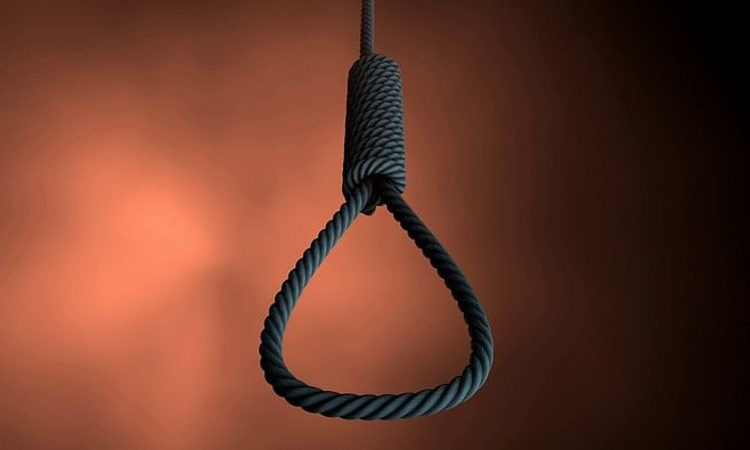Death Row Prisoner In Solitary Confinement For 11 Years : Supreme Court Reserves Judgment On Commutation Plea
Sohini Chowdhury
27 April 2022 10:22 AM IST

Next Story
27 April 2022 10:22 AM IST
The Supreme Court, on Tuesday, reserved judgment in a plea challenging the order of the Karnataka High Court upholding the rejection of mercy petition by the President, wherein a death row convict had claimed to have been kept in solitary confinement for about 11 years, right after he was sentenced to death by the Sessions Court. Considering the same, on 21.04.2022, a Bench...
